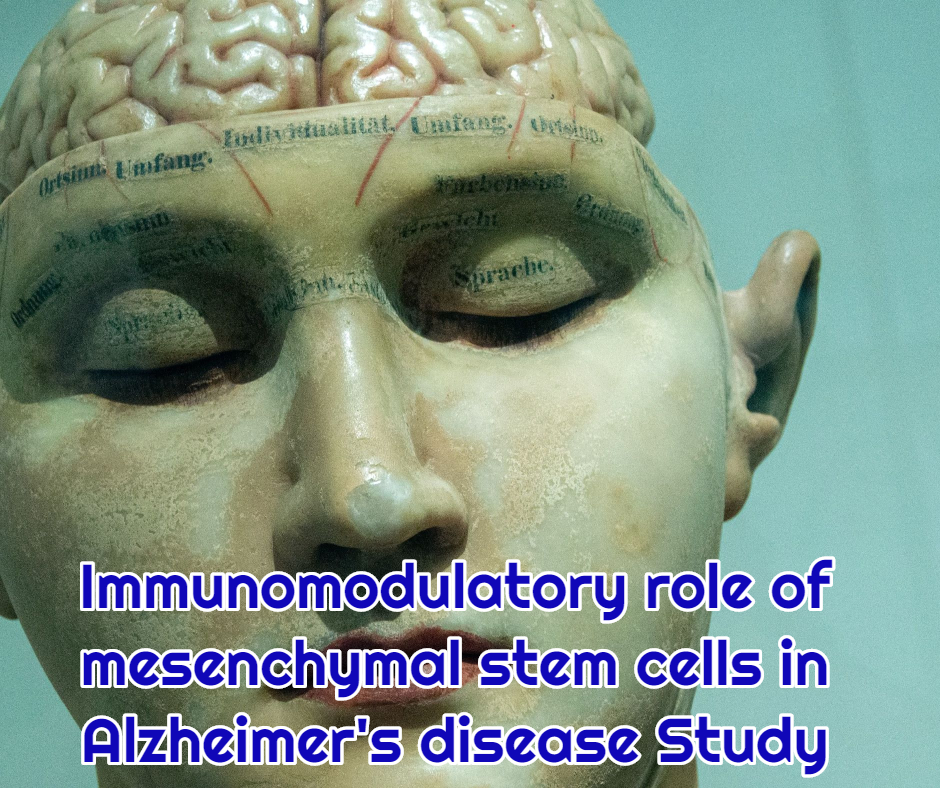Immunomodulatory role of mesenchymal stem cells in Alzheimer’s disease Study Abstract:
This page is a review of the, Immunomodulatory role of mesenchymal stem cells in Alzheimer’s disease Study. At Dream Body Clinic we deal with Alzheimer’s Disease Dementia with Stem Cell Therapy. For Alzheimer’s and dementia we use 50 million mesenchymal stem cells that are injected intrathecal (into the spinal fluid). These mesenchymal stem cells are able to travel from the spinal fluid to the cerebral fluid where they can guide the cellular repair of damage from Alzheimer’s and dementia. Learn about Dream Body Clinic Alzheimer’s Stem Cell Treatment Here. This treatment has shown tremendous results in cognition and verbal response in patients. Read the following study to learn more about the deep details of how mesenchymal stem cells can treat Alzheimer’s and Dementia. The following is the Immunomodulatory role of mesenchymal stem cells in Alzheimer’s disease Study Abstract.
Alzheimer’s disease is one of the most common causes of dementia and is characterized by gradual loss in
memory, language, and cognitive function. The hallmarks of Alzheimer’s Disease include extracellular amyloid deposition, intracellular
neuronal fiber entanglement, and neuronal loss. Despite strenuous efforts toward improvement of Alzheimer’s Disease,
there remains a lack of effective treatment and current pharmaceutical therapies only alleviate the symptoms for
a short period of time. Interestingly, some progress has been achieved in treatment of Alzheimer’s Disease based on mesenchymal
stem cell (MSC) transplantation in recent years. MSC transplantation, as a rising therapy, is used as an intervention
in AD, because of the enormous potential of MSCs, including differentiation potency, immunoregulatory
function, and no immunological rejection. Although numerous strategies have focused on the use of MSCs to
replace apoptotic or degenerating neurons, recent studies have implied that MSC-immunoregulation, which
modulates the activity state of microglia or astrocytes and mediates neuroinflammation via several transcription
factors (NFs) signaling pathways, may act as a major mechanism for the therapeutic efficacy of MSC and be
responsible for some of the satisfactory results. In this review, we will focus on the role of MSC-immunoregulation
in MSC-based therapy for Alzheimer’s Disease.
Immunomodulatory role of mesenchymal stem cells in Alzheimer’s disease Study – FULL STUDY BELOW
Immunomodulatory-role-of-mesenchymal-stem-cells-in-Alzheimers-disease